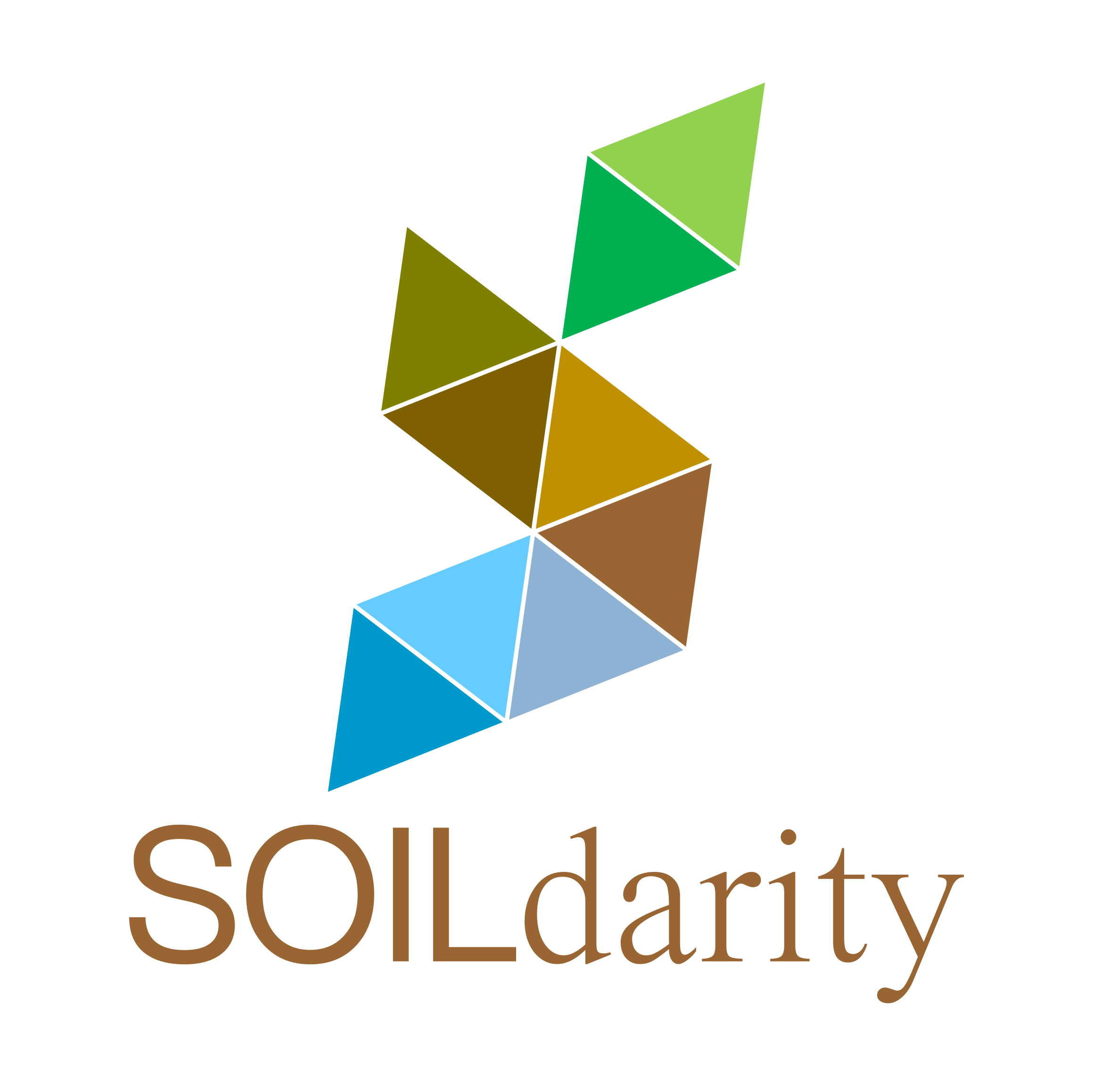
Strengthen cooperation.
Short-term mobility programmes
Research excellence in areas like digital agriculture, variable rate technologies, sustainable management of soils, waste water management for agriculture is key to succeed in contributing to the pathway towards climate neutrality and achieving the European Green Deal objectives.
SOILdarity trains researchers to boost their capacities and improve the research output and impact on the society.
One of the objectives of of the project is to promote mobility and research activities to engage the researchers in practical research
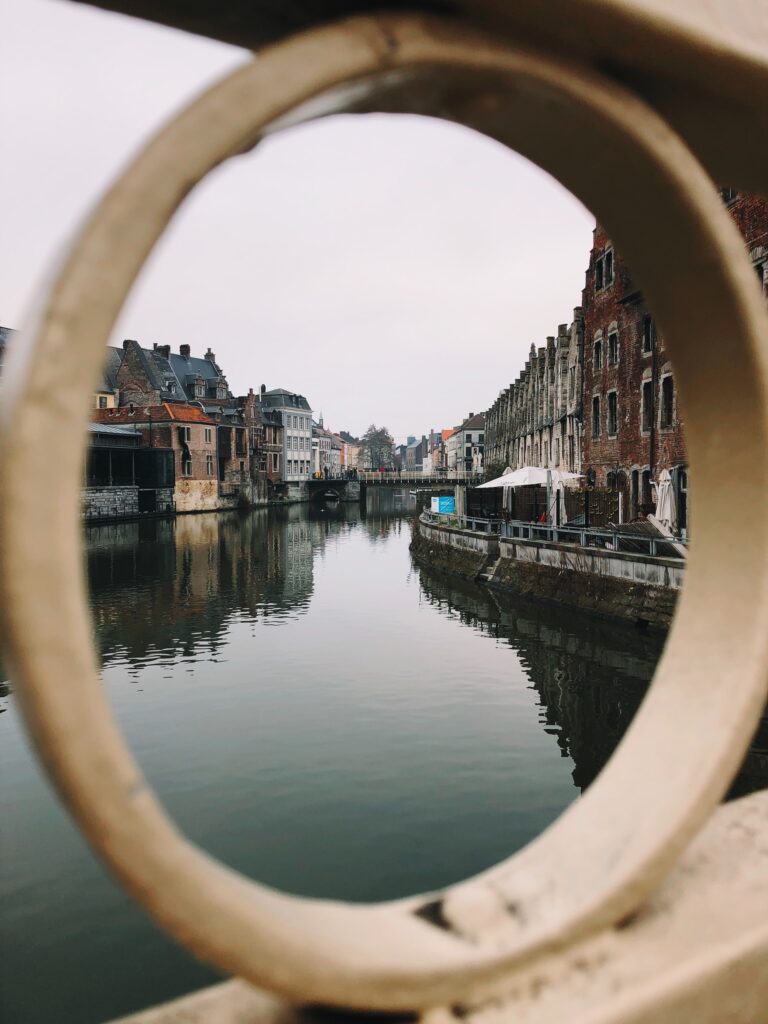
initiatives of high-level institutions while providing them with the instruments to develop future research proposals based on their interests. About 15 visits are planned to be performed during the project, with a special focus on young researchers, who will play a key role in the future of the European research.
Five short term visits have already been carried out: two researchers from Faculty of Sciences of the University of Lisbon spent one month in Belgium (at UGENT’s facilities), while other three researchers went to Israel, at MIGAL.
SOILdarity Mobility Blog
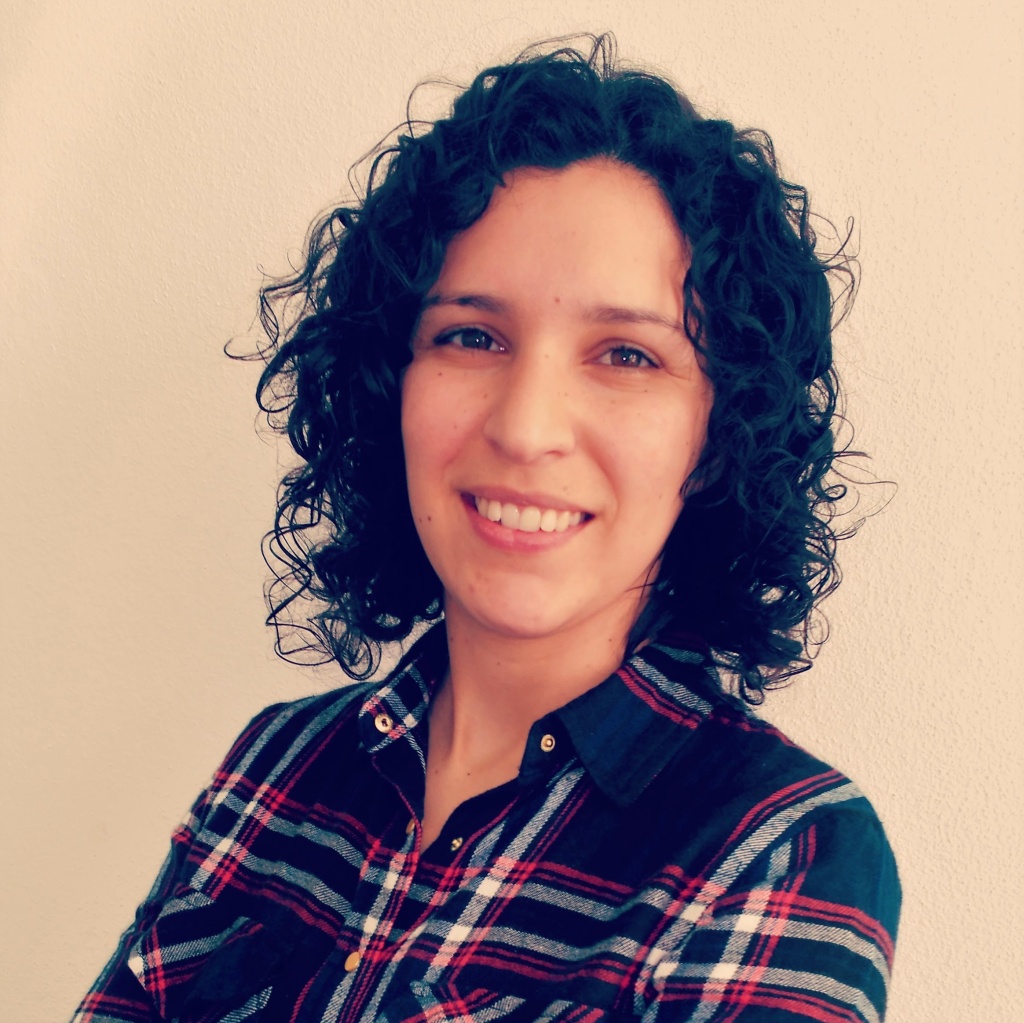
Inês Ferreira
“The main aim of my work is to develop sustainable practices for producing ectomycorrhizal fungi. The production of mycorrhizal sporocarps has a high economic, cultural, and environmental impact in the Mediterranean region. Moreover, with a critical role in forest ecosystems, ectomycorrhizal fungi provide services and goods essential to maintaining soil quality, ecosystem functions and food, contributing to sustainable production and mitigating climate change.”
Inês Ferreira is BSc in Biotechnology and MSc in Biodiversity and Plant Biotechnology. She is currently finishing her PhD in Biology at the University of Lisbon, which aims at the sustainable production of ectomycorrhizal fungi. Since 2012, her work has focused on circular economy and endogenous product valorisation in the fungal and plant biotechnology sectors. Hence, for her SOILdarity research topic, she decided to explore how proximal sensing technologies can contribute to the sustainable cultivation of ectomycorrhizal fungi and product quality analysis. The SOILdarity mobility programme allowed her to visit MIGAL – Galilee Research Institute research facilities in Israel (November 2021) and spend two months at the University of Ghent in Belgium (May to July 2022).
“During the two short visits, I had the opportunity to deepen my knowledge in soil sensing and other proximal sensing technologies. But, most importantly, I could put this knowledge into practice and create a new network for future research in this field.”
Ana Maria Ventura
“My short mobility programme was fully spent at the University of Ghent, within the Precision Score Group, for about 4 months. It was a great experience, where I gained knowledge about how precision farming could impact the agriculture sector, including the obstacles and the need to go further in supporting its uptake by farmers.”
Ana Maria is a sociologist with a master’s degree in Land Use and Environmental Planning. As a PhD researcher, she has been spending part of her research path at UGent thanks to SOILdarity. She got experience in NGO governance, research proposal co-design and as evaluator for EU Programmes. She is a researcher at FC.ID within the cE3c Group, microentrepreneur and consultant acting in rural areas and the agroforestry sector. Her research focuses on the purpose of innovation in agriculture and in rural areas and on how that shall be tailored to people’s needs.
“The policy measures shall support the technological investment but also consider the rural context where it takes place. Precision Agriculture can support rural development but policy-makers, farm advisers, industry players should develop a deep understanding of the barriers, opportunitites and threats perceived by land managers”.
Ana Maria is interested in the relations between stakeholders in the rural and agroforestry sectors and in how networking can thrive and turn into innovation withing special settings, such as living labs. “I chose this subject because only by dealing in a constructive and realistic manner with the conditions for the adoption of precision agriculture, it will be possible to reach its potential impact in rural areas.”
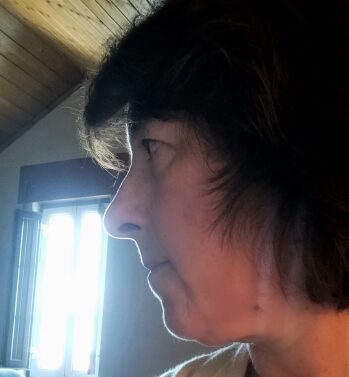
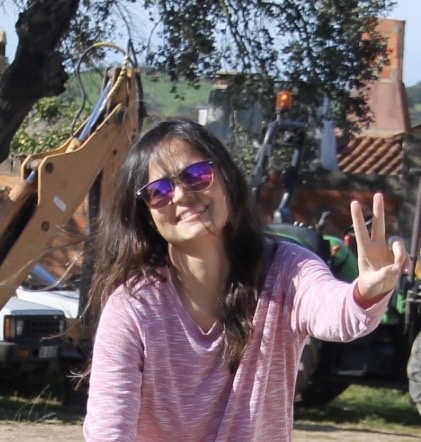
Juliana Melo da Conceição
“My work aims to create tools that integrate biological and physicochemical parameters so that we can have quick and reliable answers on soil quality. With that, we know the best way to maintain a more balanced agriculture.”
Juliana Melo da Conceição’s current research focuses on soil microbiology and plant-microorganism interactions, particularly on plant growth-promoting microorganisms (PGPM). She studies PGPM as potential biofertilizers, an alternative to chemical fertilization. She has a degree in biological sciences (2009) and a Master’s in microbiological indicators in water quality. During my PhD (completed in 2014), I changed areas and started to develop my research in plant-microorganism interaction, emphasising microorganisms that promote plant growth as potential biofertilizers.
Juliana spent two months at the University of Ghent working with Professor Abdul Mouazen’s Precision Score Group.
“I learned how to use sensors currently integrated into agriculture 4.0 regarding physical-chemical soil parameters. It was a very aggregating experience at a professional level. This learning will be of great importance to complement my research, as I will be able to integrate the biological parameters that I work with the results obtained with the sensors at a physical-chemical level, thus having a more complete and faster analysis of the quality of the soil.”
First mobility programme
From Lisbon to Ghent in 2021
Cristina Cruz and Ana Corrêa visited UGENT for one month in October-November 2021, as part of the first mobility programme. Their visit included:
- Demonstration of laboratory-based sensing technology, which included near infrared (NIR), mid infrared (MIR), x-ray fluorescence (XRF), hyperspectral sensor (HS), thermal camera and other sensors. During the demonstration, instrument calibration, sample scanning and spectra collection procedure for soil samples were shown.
- Demonstration of field-based sensing technology, during which UGent robotic platform, crop sensor box (including HS and LIDAR) installed on a spray boom, Mini & Maxi sensing platform equipped with robotic were shown. The demo included real field scanning of soil using UGent online soil sensing platform, set up one robotic platform.
- Training on modelling of Vis-NIR and MIR spectral data: Demonstration of spectral pre-processing methods, linear and non-linear modelling methods, calibration and validation procedure, was provided, with special focus given to PLS modelling using MATLAB software.
- Demonstration of soil mapping: This demo included the introduction of Semivariogram, Kriging and inverse distance weighting (IDW) interpolation methods in ArcGIS software for soil mapping.
From Lisbon to Kyriat Shmona in 2021
Inês Ferreira is a PhD student at the Faculty of Sciences of the University of Lisbon. She was hosted at MIGAL’s facilities in Kyriat Shmona, Israel, where she received support to enhance her research. During her experience in Israel, she developed a series of contacts with members of the MIGAL team working on the relevance of fungi on ecosystem services and as a source of endogenous resources.
She performed analysis on fungi and associated soils using ICP techniques, that are part of her PhD thesis, and received training on how to use the eNOSE technology and how to apply it, in order to distinguish fungal species (specially mushrooms). Thanks to the collaboration with the researchers in Israel she developed a research proposal aimed to achieve new strategies emergent form the combination of precision agriculture and agroecology that allow the production of resilient healthy plants, while promoting ecosystem functionality and services.
